No article found or not published for this site.

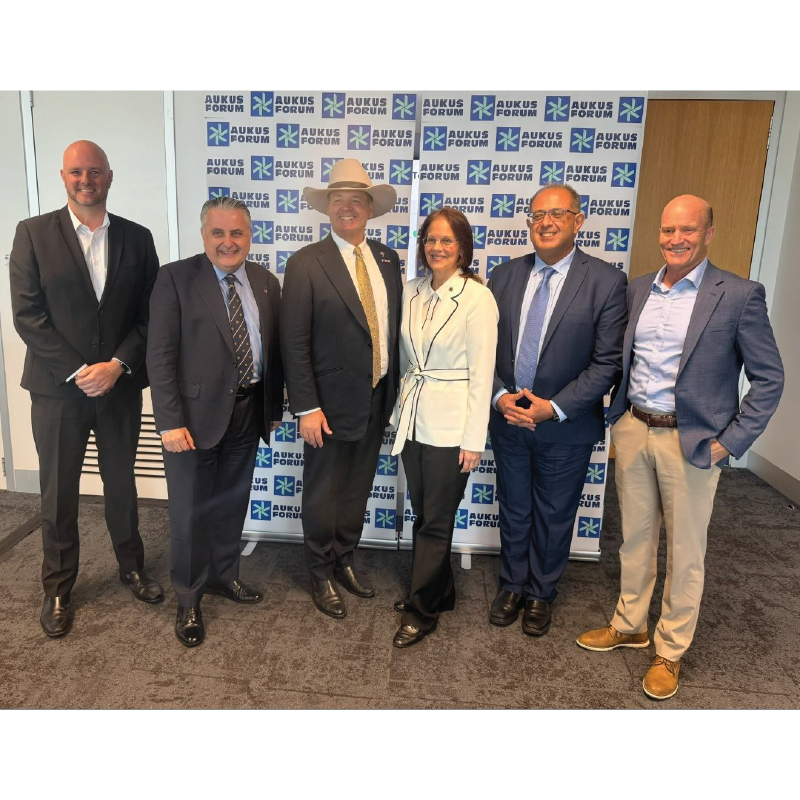

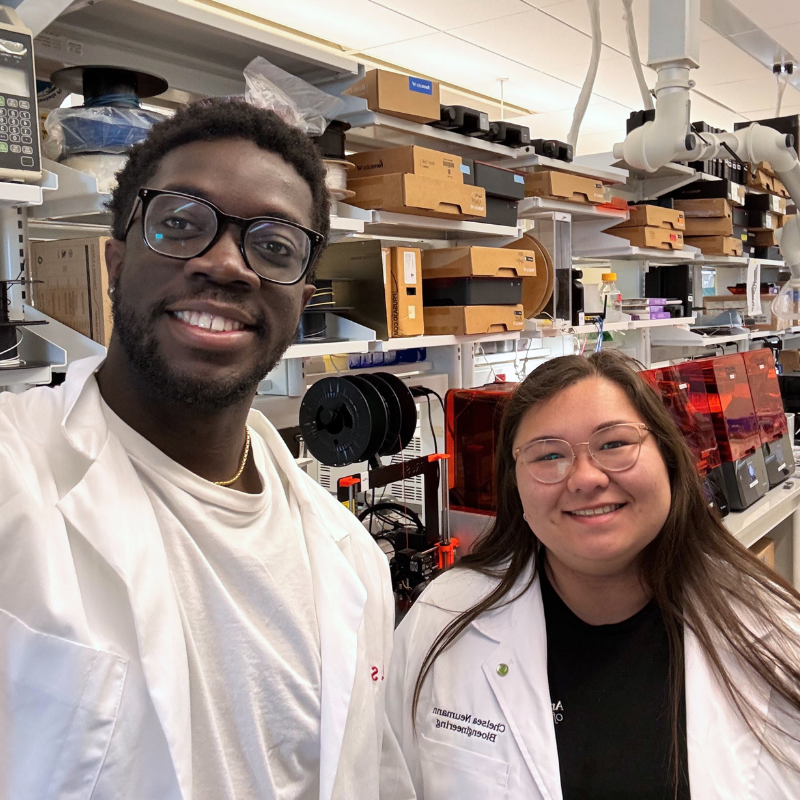
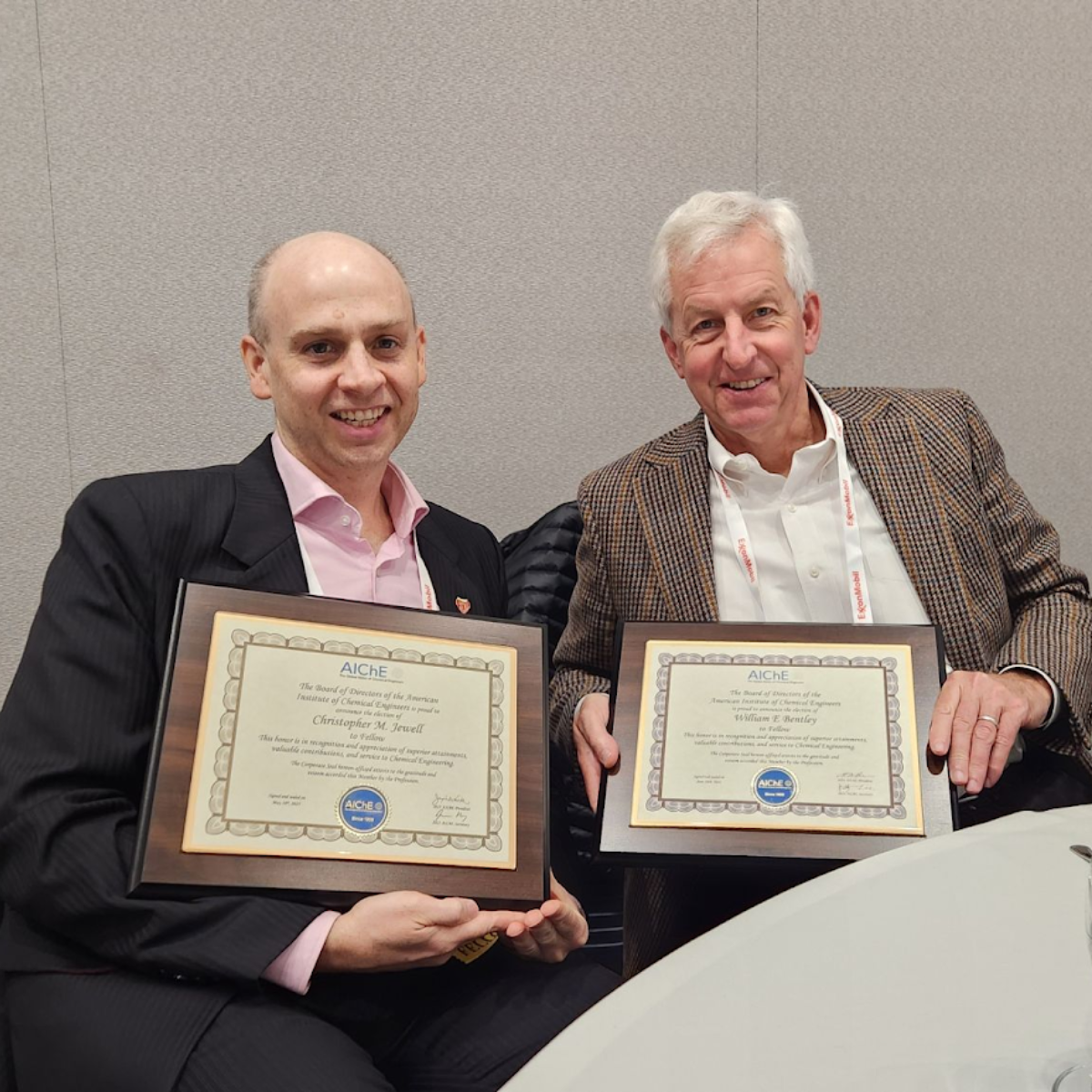
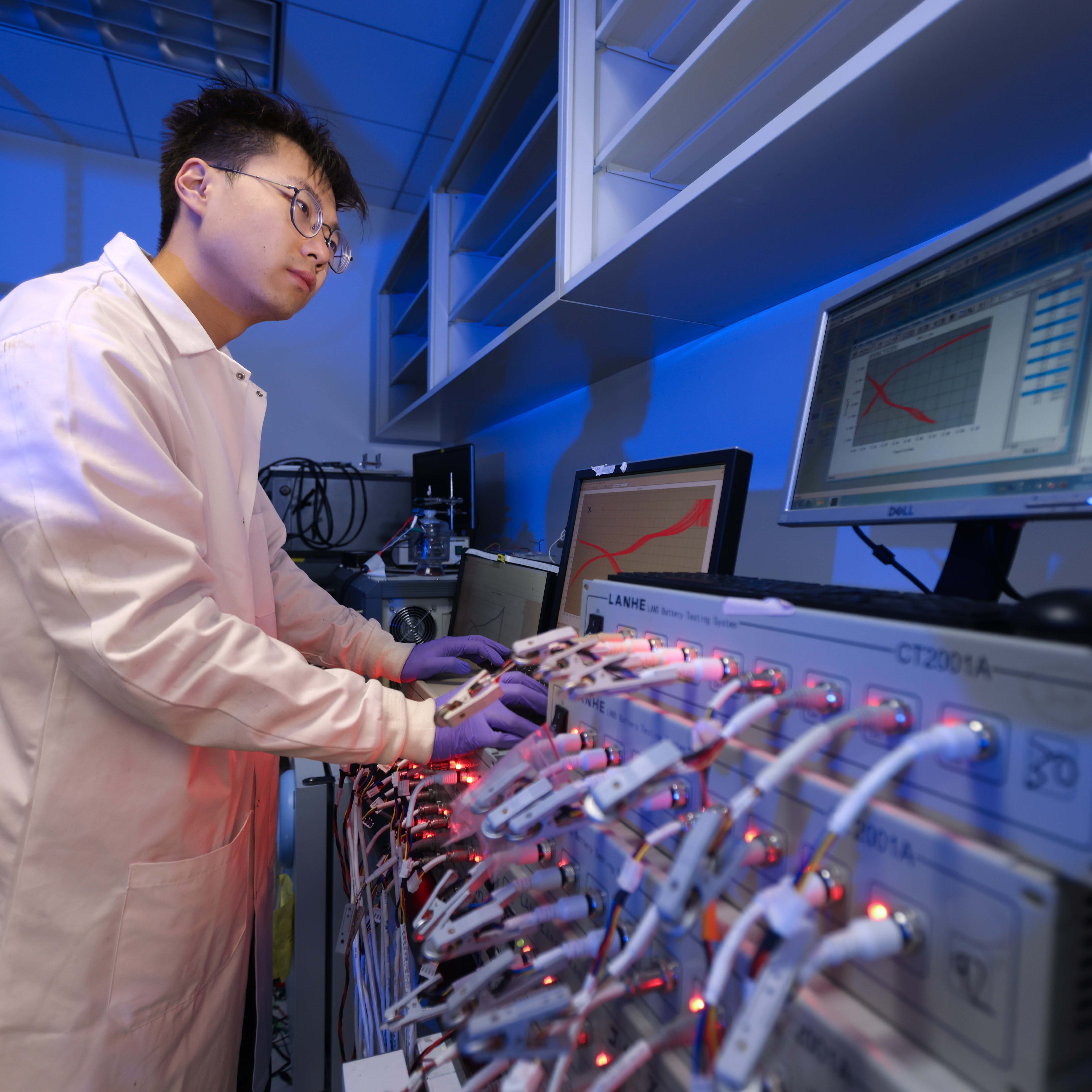
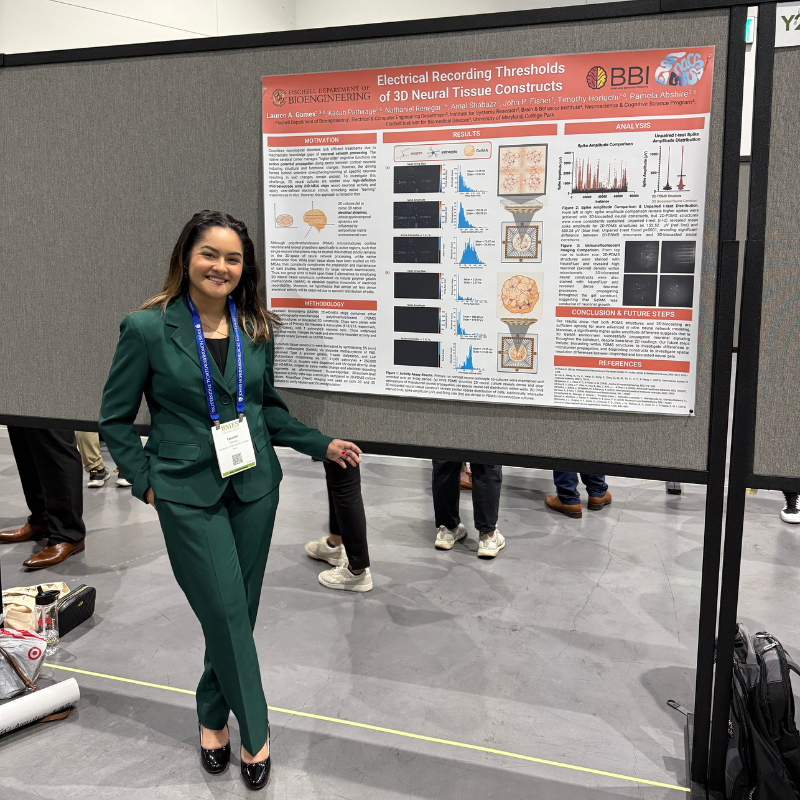
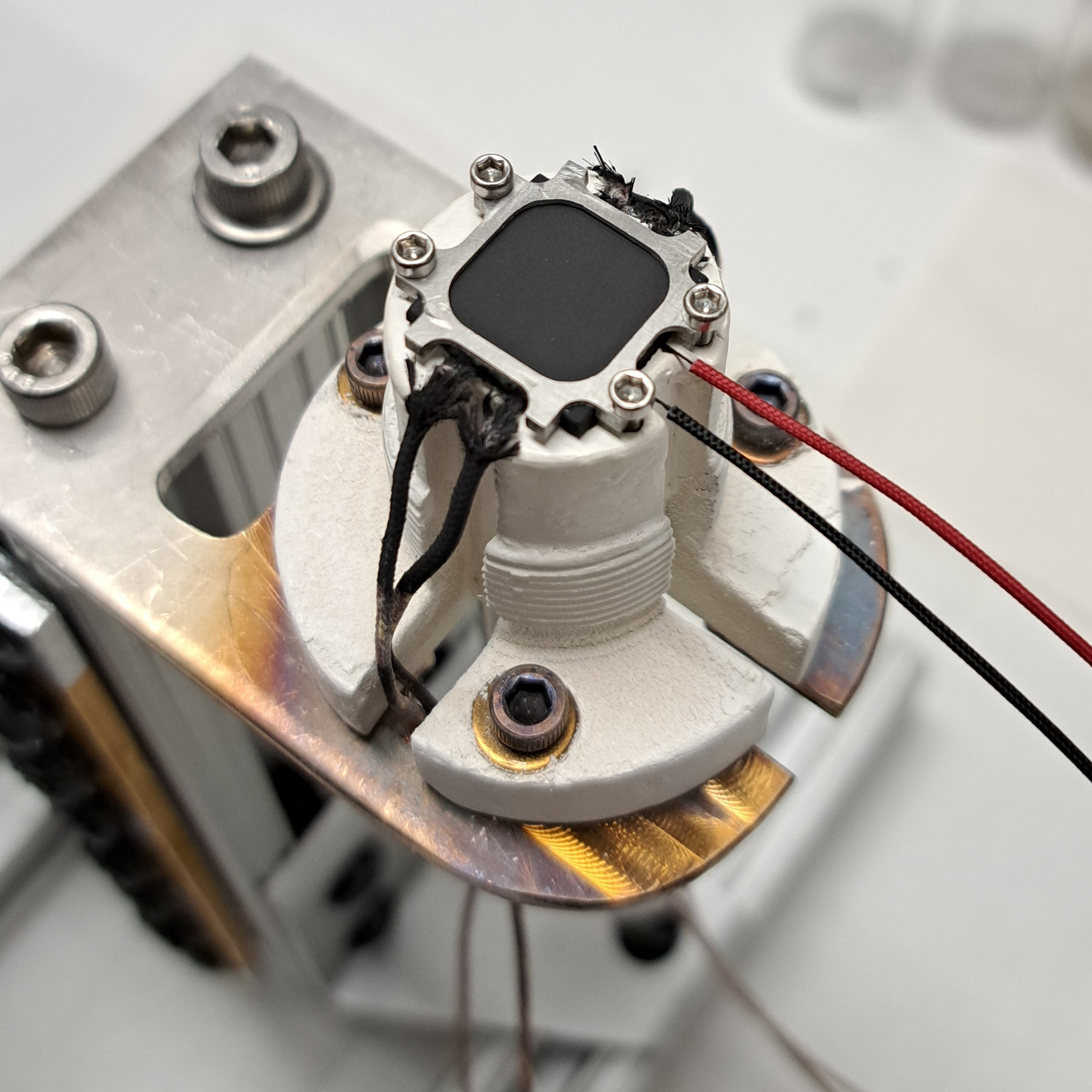
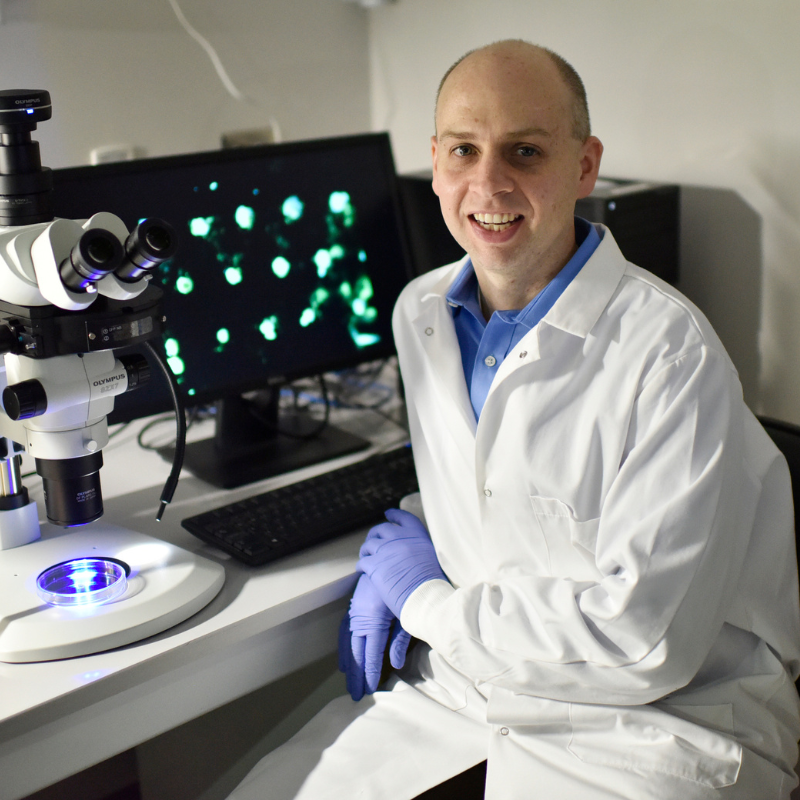
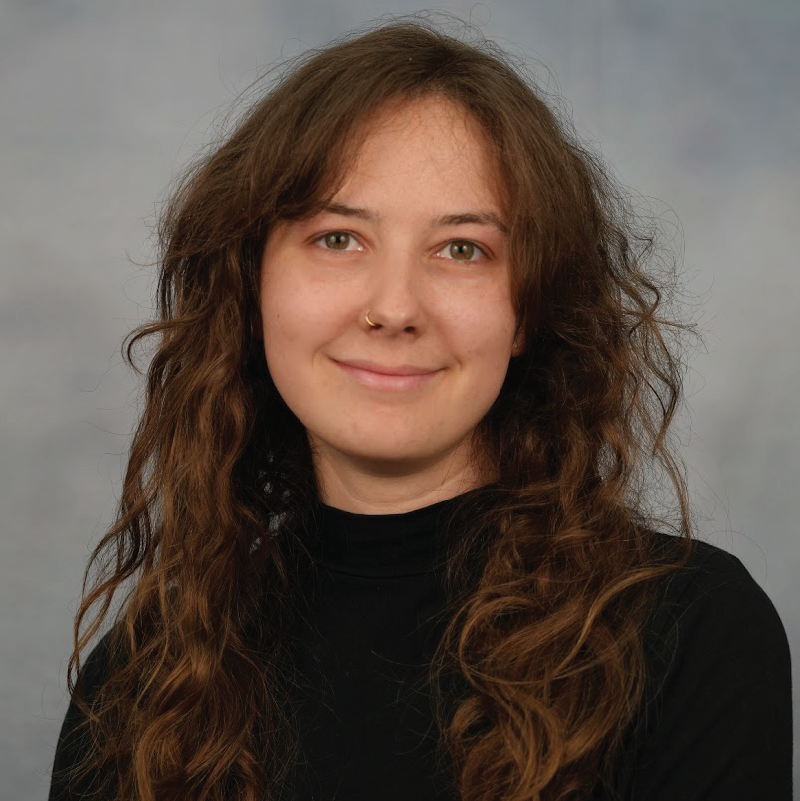
Recent Stories
Stories / Jan 13, 2026
Sensor Advancement Breaks Barriers in Brain-Behavior Research

Stories / Dec 16, 2025
University of Maryland Represented at International Forum

Stories / Nov 21, 2025
Engineering at Maryland magazine solves for excellence

Stories / Nov 14, 2025
Fischell Institute Welcomes New MPower Fellows: Chelsea Neumann...

Stories / Nov 14, 2025
AIChE Recognizes Bentley and Jewell as Fellows

Stories / Nov 13, 2025
UMD Battery Study Addresses Key Barrier to Electrifying...

Stories / Nov 11, 2025
Ph.D. Student Presents Neural Research at BMES 2025

Stories / Nov 11, 2025
Understanding Heat Where It Matters Most

Stories / Nov 7, 2025
Jewell Research Lab’s Novel Autoimmune Disease Research...

Stories / Oct 21, 2025
UMD Student Bridging Research Innovation and Education Advocacy
